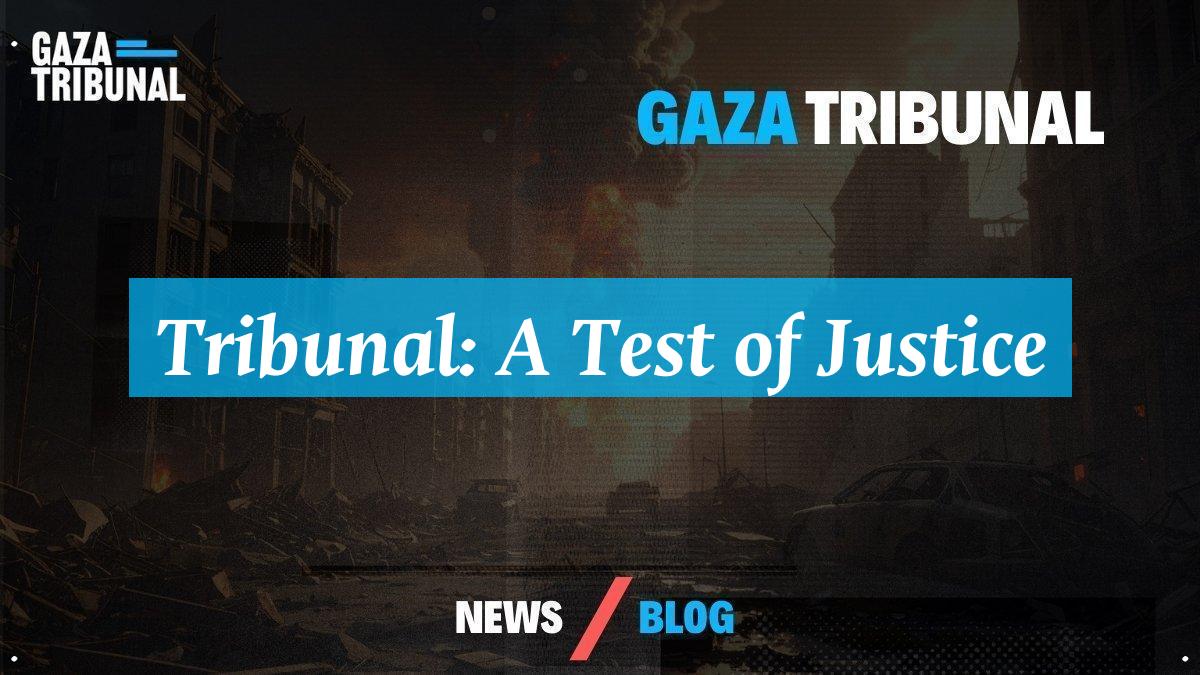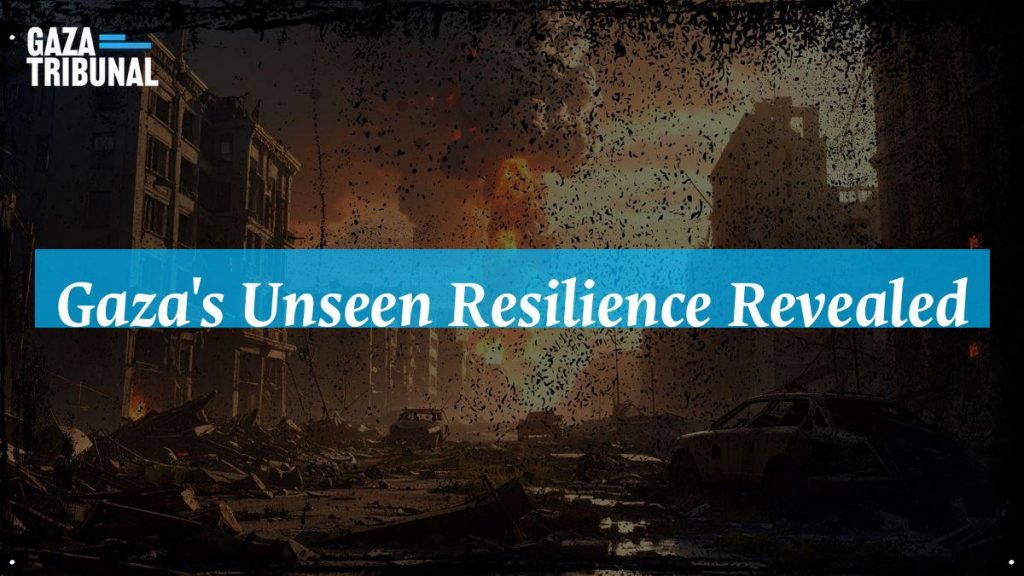In a world that often overlooks the harsh realities faced by ordinary people, the “Gaza Justice Inquiry” emerges as a beacon of awareness. This inquiry delves deep into the struggles of Palestinians, revealing stories that are seldom told. As Dr. Wissam Atallah shares his grandmother’s poignant memories from the village of Damra, the concept of the “Hamas context” subtly intertwines itself within these narratives of resilience. Each account amplifies the urgent need to reconsider historical narratives, particularly those impacting Gaza. So, how do we reconcile the past with the current dynamics of place and identity? The tales shared are not just echoes of loss; they pulse with hope and an unyielding demand for recognition.
Yet the counterpoint cannot be ignored, these chronicles push us to confront our collective role in seeking justice. Dr. Atallah’s reflections on the long history leading up to October 7th challenge simplistic understandings of the conflict, urging a deeper engagement with the “Hamas context.” Each story signifies a refusal to be silenced, embodying the indomitable spirit of a people deeply connected to their land. Their journey is not only about survival; it is fundamentally an assertion of existence. Without acknowledging this layered reality, how can we hope to foster genuine dialogue? Let us not shy away from these complex truths; rather, let’s embrace them as part of our shared humanity and responsibility to advance justice.
The Stories of Erased Villages in Gaza
Dr. Wissam Atallah’s connection to his grandmother’s story reveals a profound legacy. Born in 1922, she cherished memories of Damra, a vibrant village. Today, that land bears the name Erez, a reminder of how quickly history can change. For Dr. Wissam, Damra represents not just a past, but a rich tapestry of lives and cultures woven into the fabric of time.

His grandmother often recounted her experiences, illuminating how colonialism reshaped their existence. Under the oppressive British Mandate, Palestinian farmers faced heavy taxes and relentless oppression. Families struggled to cultivate the land, fighting to survive against mounting challenges. When the Nakba hit in 1948, many believed they’d return home shortly. Just two weeks, they thought. Yet, those weeks morphed into decades, leaving behind broken dreams and unfulfilled promises.
Dr. Wissam’s grandmother eventually passed away in Jabalia refugee camp, her dreams of returning to Damra crushed. The key she held became a powerful symbol. It represented both hope and despair, a connection to her homeland, yet a reminder of betrayal. How can one forget such a legacy? For Dr. Wissam, that key embodies the collective trauma of an entire people, a poignant reminder of their enduring struggle.
October 7th: A Distorted Narrative
Israeli leaders frame October 7th as a pivotal moment in the conflict, yet Dr. Wissam offers a different perspective. He argues that focusing on a single day distorts the broader historical narrative. “Our struggle did not start on that day,” he emphasizes, underscoring the long history of occupation that precedes it. Recognizing this history unveils the roots of resistance and resilience.
He recalls key events that shaped Palestinian identity: the First Intifada, the tragic death of Muhammad al-Durrah, and the haunting cries of children pleading for help. Each moment carries significant weight, illustrating the ongoing struggle against oppression. October 7th should not justify violence but serve as a reminder of deep-seated injustices faced by many. For more insights on this, visit our news category.
Dr. Wissam believes these narratives matter immensely. They resonate with the heart of a people who refuse to be silenced. The story of Gaza is one of courage, defiance, and an unwavering demand for justice. As he puts it, “History doesn’t begin or end with a single date.” It unfolds in the lives of those who continue to resist, reminding us all of the importance of context. Injustice demands our attention!
Steadfastness Amidst Destruction
In early 2025, a brief silence enveloped Gaza, allowing people to return home. They walked through the remnants of their lives, stepping on rubble and dust. More than 100,000 tons of explosives had obliterated the landscape. Still, despite the destruction, they returned, driven by fierce determination to reclaim their identity. What does it mean to return to a place that has lost so much? For them, it symbolizes resilience.
Dr. Wissam explains that returning home acts as a defiance against displacement. International law recognizes forced displacement as a war crime. Palestinians embody this resistance, asserting their right to remain. “To remain on the land,” he emphasizes, “is to remain alive as a people.” Their struggle extends beyond survival; it encompasses the essence of their identity amidst chaos.
Their resilience inspires hope. Each return signifies a refusal to let go of their past, culture, and dreams. Dr. Wissam’s words resonate deeply: “Survival is political.” In Gaza, every act of defiance against oppression becomes a testament to the strength of the human spirit. Thank you for taking the time to reflect on these stories and for listening to the voices that matter most. Your engagement matters! For additional context, see the source here.
The Unfolding Struggle of Gaza
Dr. Wissam emphasizes that the Palestinian struggle transcends time, reaching back to the late 19th century. The Basel Conference in 1897 laid the groundwork for political Zionism. The Balfour Declaration of 1917 promised Palestine as a homeland for Jews. These historical events illustrate that the roots of conflict run deep, far beyond the narrative of a single moment. “Occupation began long before 1948,” he explains. Understanding this context is crucial for grasping the ongoing resistance.
He argues that the Nakba wasn’t an isolated incident; it was the culmination of decades of preparation and oppression. Understanding this timeline challenges the notion that resistance emerged suddenly. It reveals a long-standing struggle against injustice, reminding us of the importance of historical awareness. Without this knowledge, how can one comprehend the depth of the current situation?
Dr. Wissam’s insights encourage us to reflect on our roles. Silence is complicity, he warns. The survival of Gaza is not just about land; it’s about humanity itself. As we listen to these stories, let’s remember that the fight for justice continues. Thank you for engaging with these narratives, for they remind us of our shared responsibility to advocate for truth and justice. Together, we can make a difference! Visit our homepage for more updates.
Gaza News


